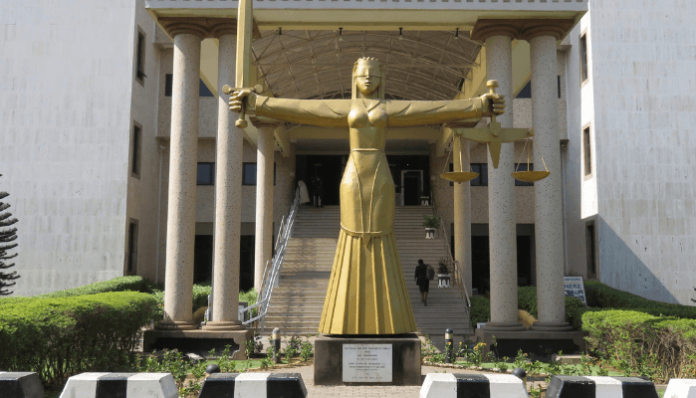The Supreme Court’s recent landmark ruling has sparked a major shakeup in Nigeria’s local government administration, leading to an urgent call for elections across 21 states. This decision, which granted autonomy to local councils, means that 489 out of Nigeria’s 774 local government areas (LGAs) are set to lose their allocations from the Federation Account unless they conduct elections to install democratically elected officials.

As of the court’s judgment, delivered by Justice Emmanuel Agim, over 63% of LGAs were under the control of caretaker committees or civil servants, a situation deemed unconstitutional by the apex court. This ruling has been seen as a significant step toward restoring democratic governance at the grassroots level, which has been undermined by state governors’ undue influence.
Governors across the affected states have begun strategizing to mitigate the potential governance crisis that could result from the cessation of allocations. Without these funds, many LGAs face the risk of operational paralysis, which could impact essential services and salaries for local workers, including primary school teachers.
Despite their often-criticized performance, local governments in Nigeria received substantial funds from the Federation Account. Between June 2023 and May 2024, LGAs received N2.634 trillion, with a significant portion going to those not governed by elected officials. The judgment reaffirms the constitutional provision that local governments must be run by democratically elected councils, emphasizing that caretaker committees appointed by state governments are illegal.
Several states have been highlighted for their prolonged absence of local council elections. Anambra, for instance, has not held local elections since 2014, while other states like Zamfara and Enugu last held elections in 2018. This neglect has resulted in local governance being managed by unelected officials, undermining the principles of democracy.
The Supreme Court’s decision has triggered a wave of political activity. For instance, recent elections in Adamawa and Delta have already reduced the number of LGAs affected by the judgment. In contrast, other states, such as Imo and Enugu, have scheduled their local elections for later this year.
Experts suggest this ruling could lead to a more competitive political landscape at the local level. Dr. Albert Azinge, a political economist, believes this judgment will attract more credible individuals to local politics, enhancing governance quality. He also noted that state governors would need to relinquish some of the powers they have historically exercised over local councils.
The ruling has also revived calls for further reforms, including transferring the responsibility of conducting local council elections to the Independent National Electoral Commission (INEC). Adebayo Shittu, a former Minister of Communications, advocated for this change, arguing it would enhance the credibility of local elections and ensure funds are managed by true representatives of the people.
Public analyst Prof. Siyan Oyeweso described the judgment as a historic moment for local government administration in Nigeria, akin to the significant Dasuki Reform of 1976. He highlighted the need for the National Assembly to review the Electoral Act to facilitate INEC’s involvement in local elections, complementing the financial autonomy granted by the Supreme Court.
The judgment has implications for the National Assembly as well. Legislators have pledged to ensure compliance with the ruling and address related constitutional issues. This includes potentially abolishing the Joint Account Allocation Committee (JAAC), which has been a tool for state governments to control local government funds.
The Supreme Court’s ruling marks a pivotal moment for local governance in Nigeria. It aims to restore democratic processes at the grassroots level, ensuring that local councils are run by elected officials accountable to their constituents. This change promises to enhance transparency, accountability, and the overall effectiveness of local governments in Nigeria.




